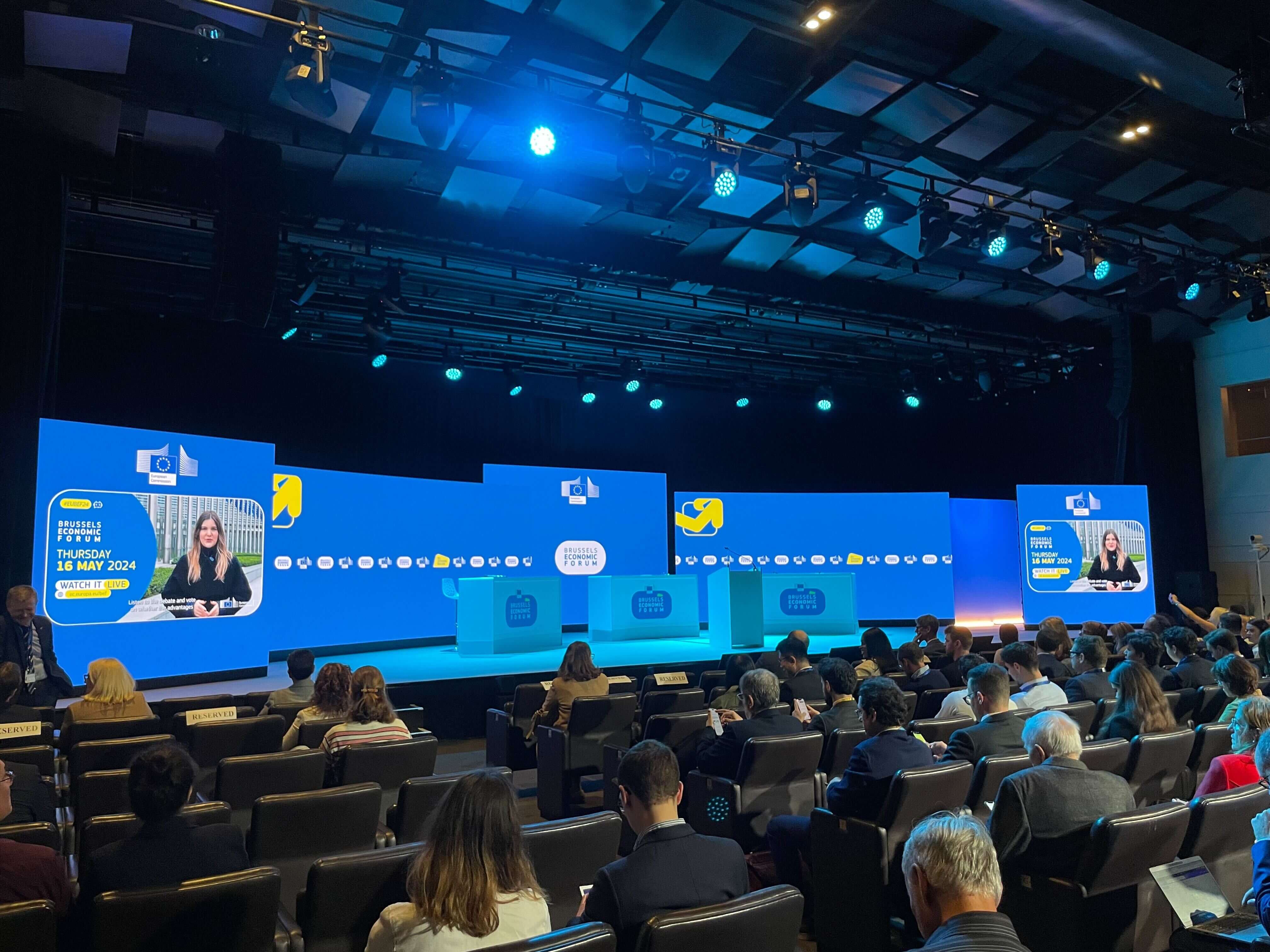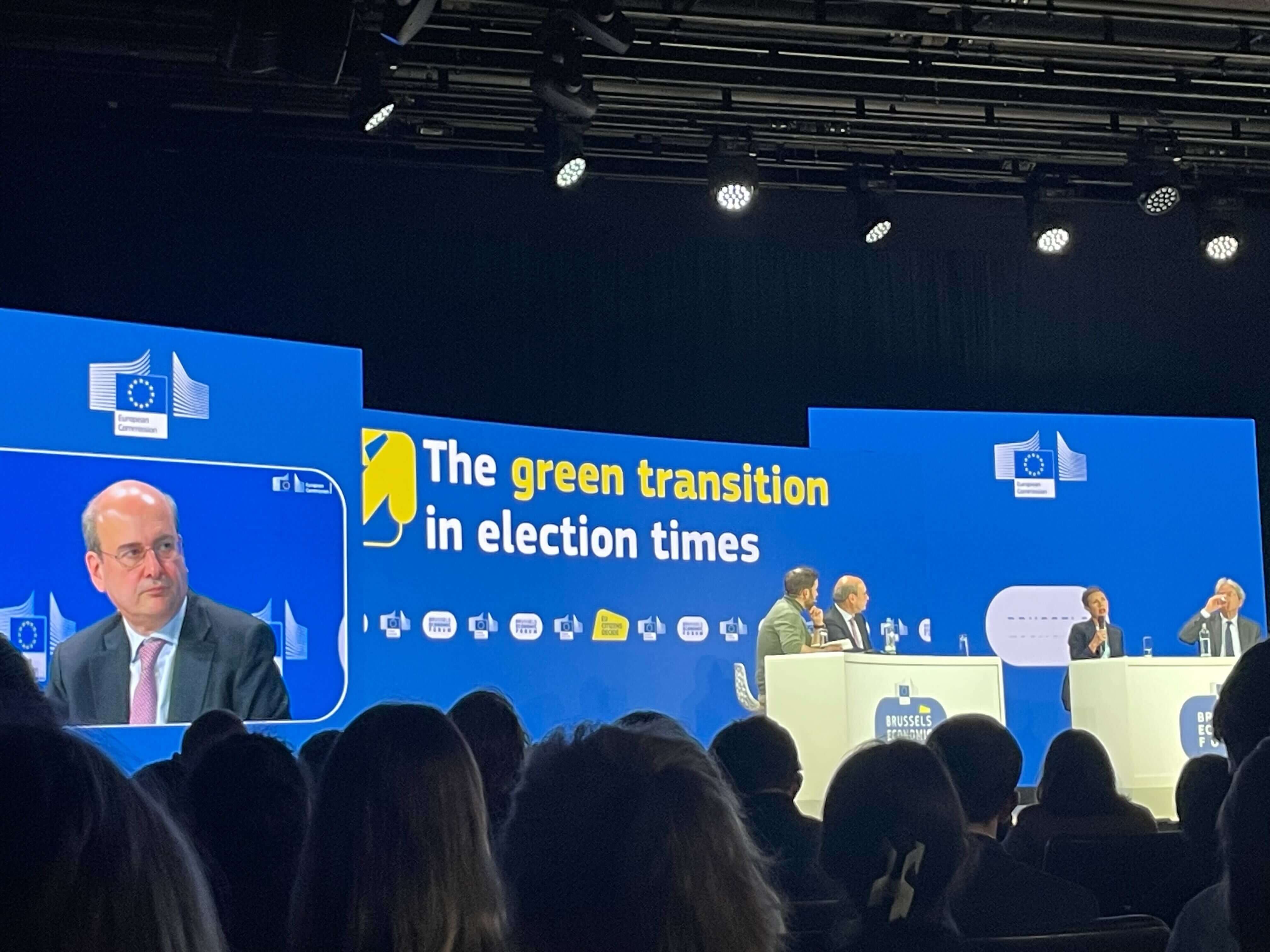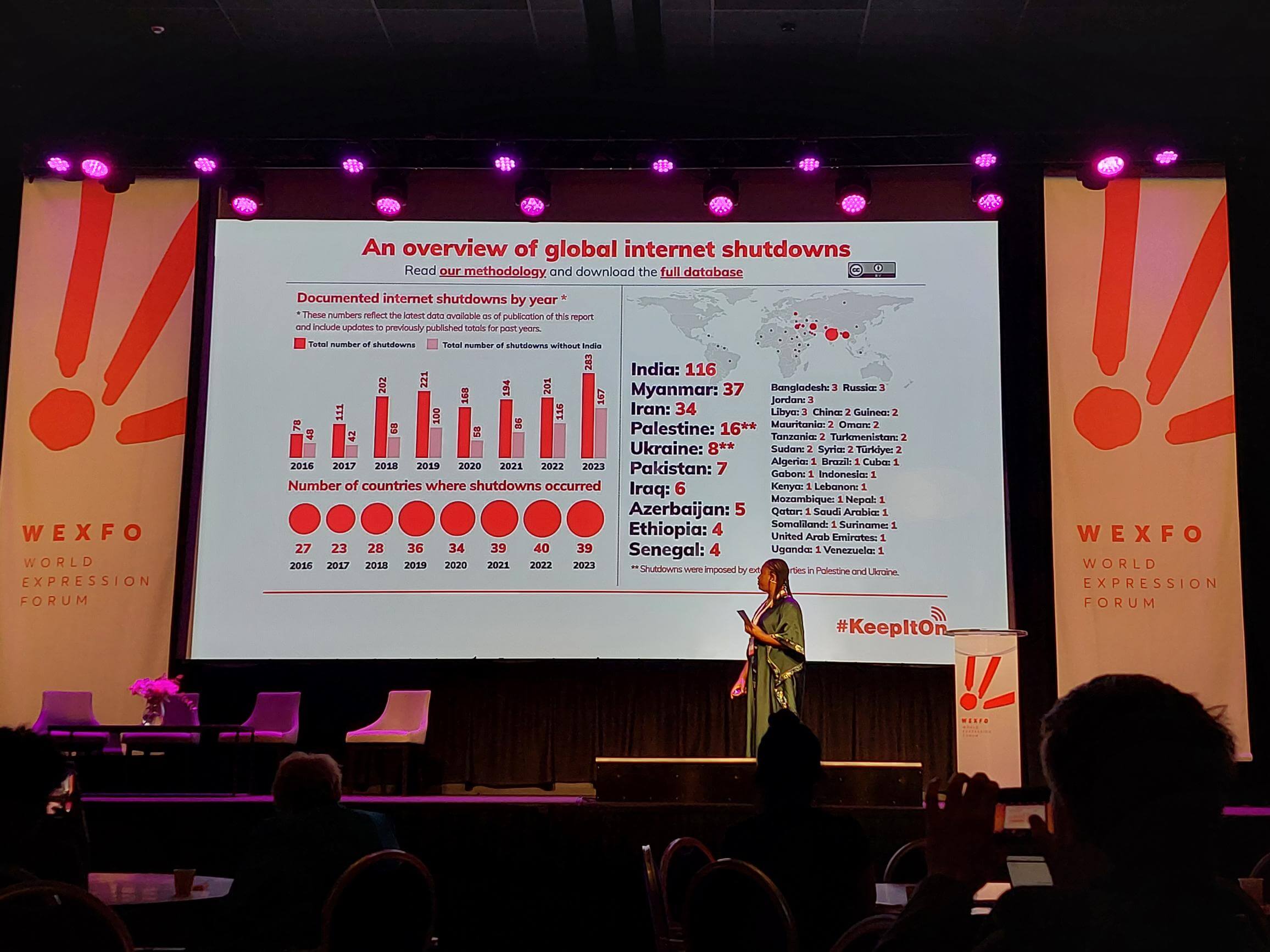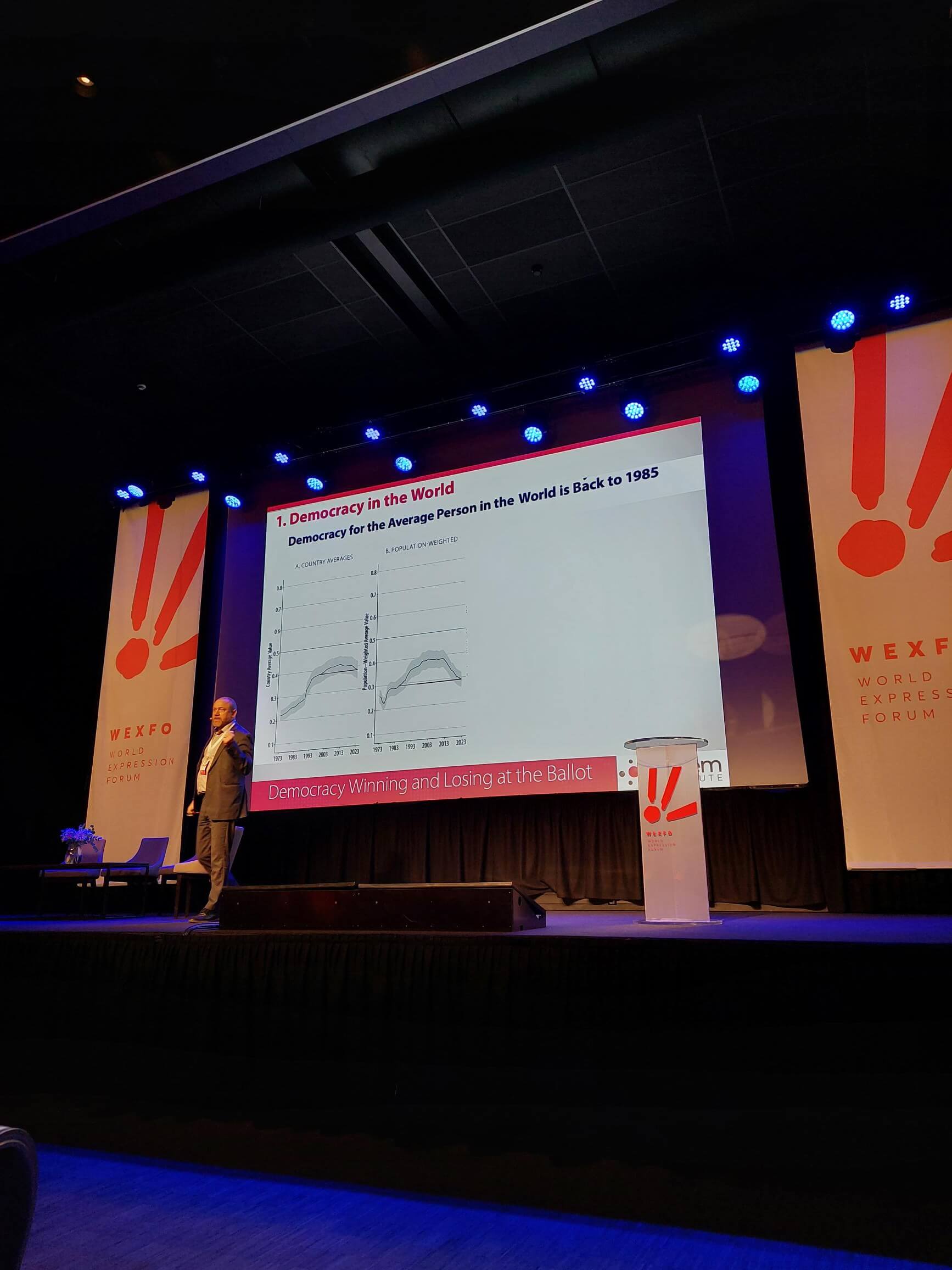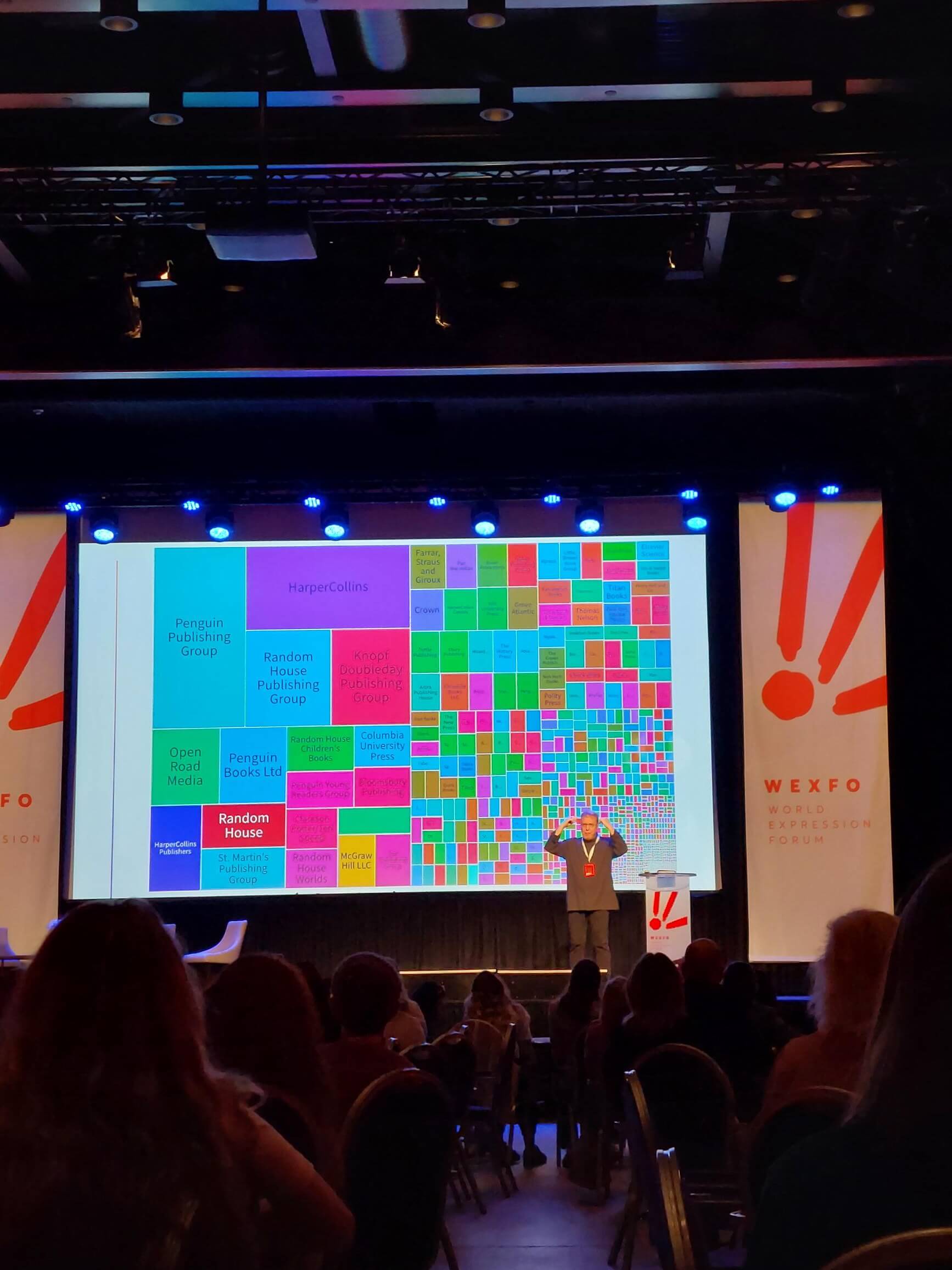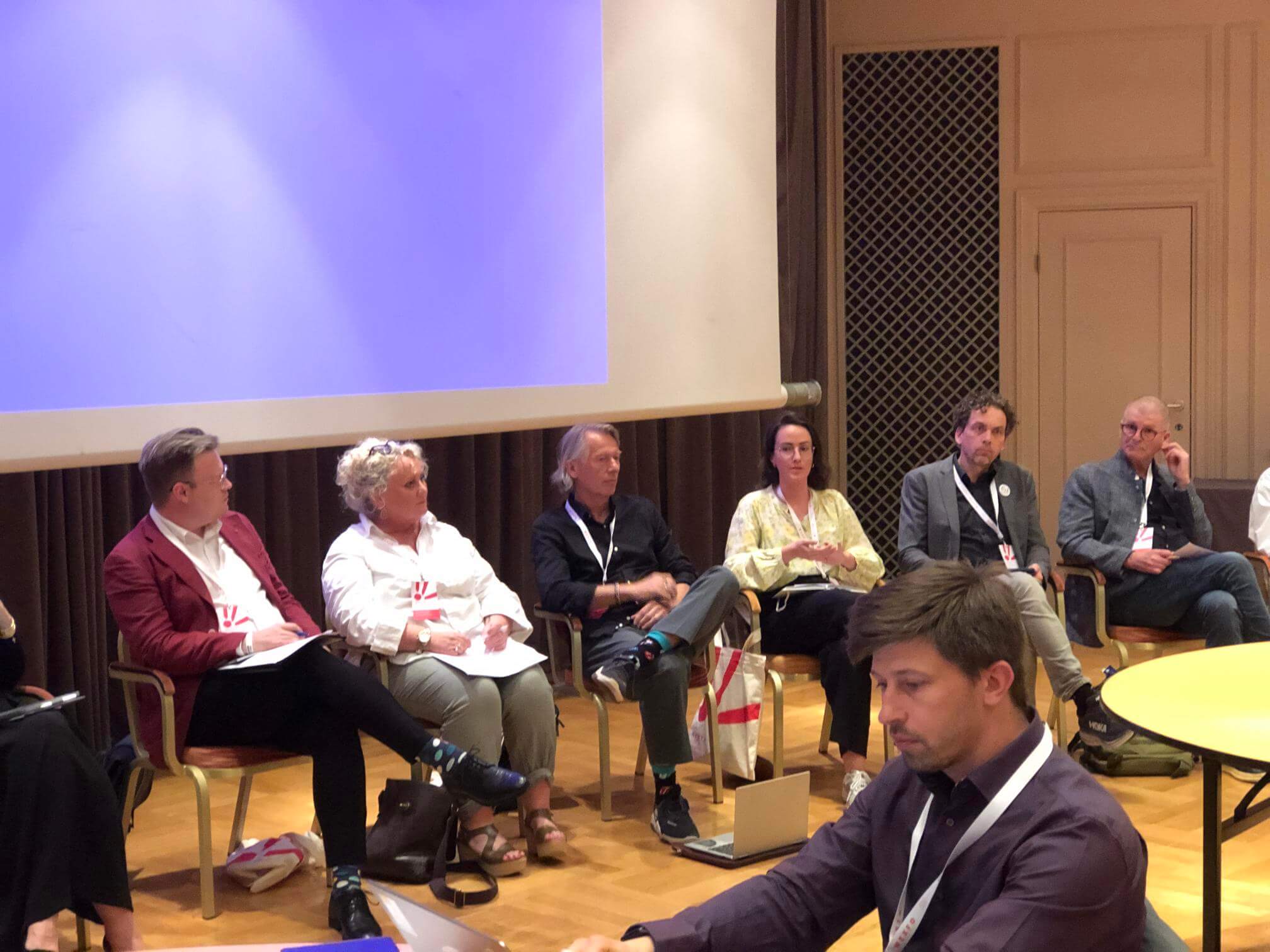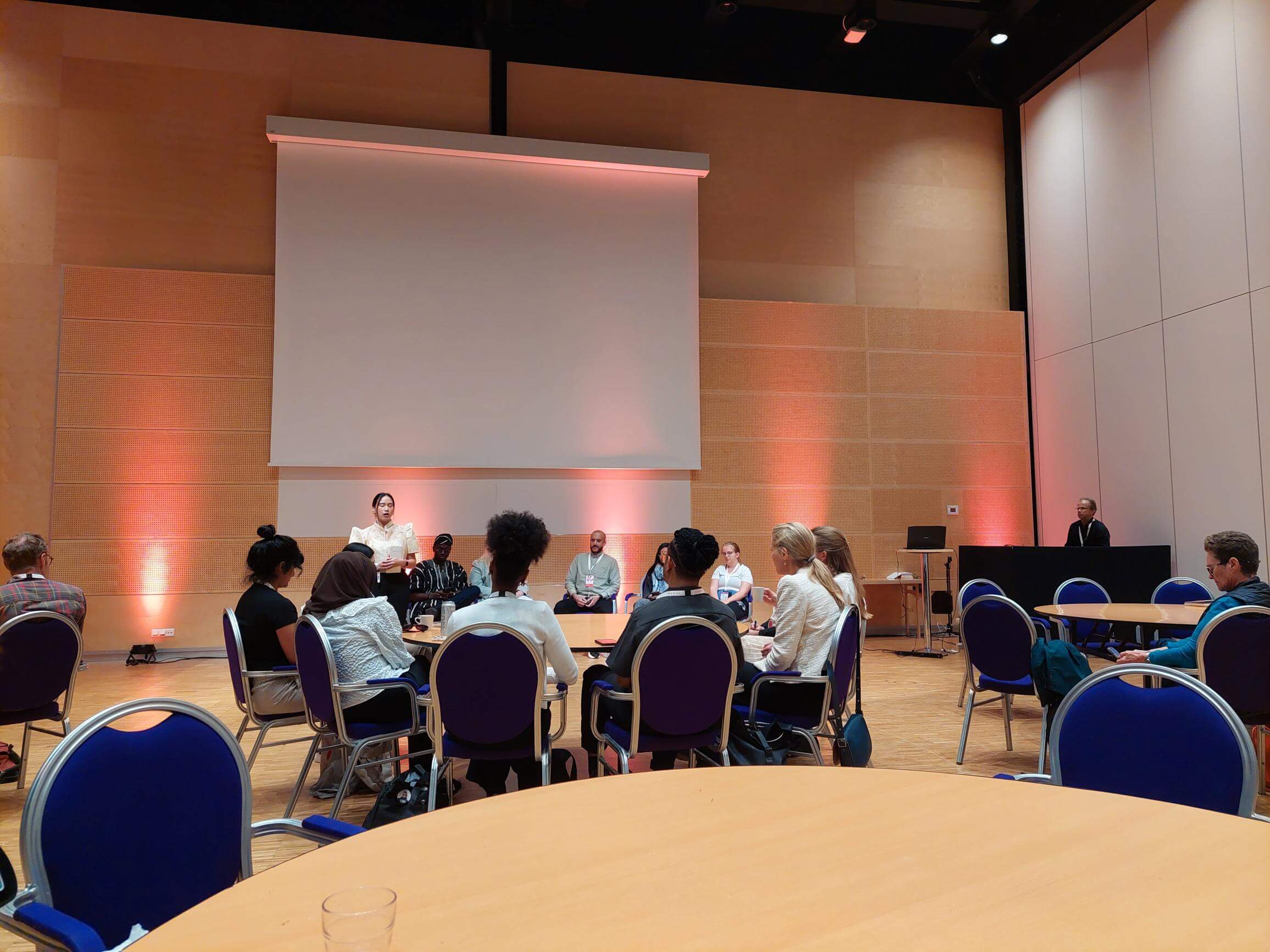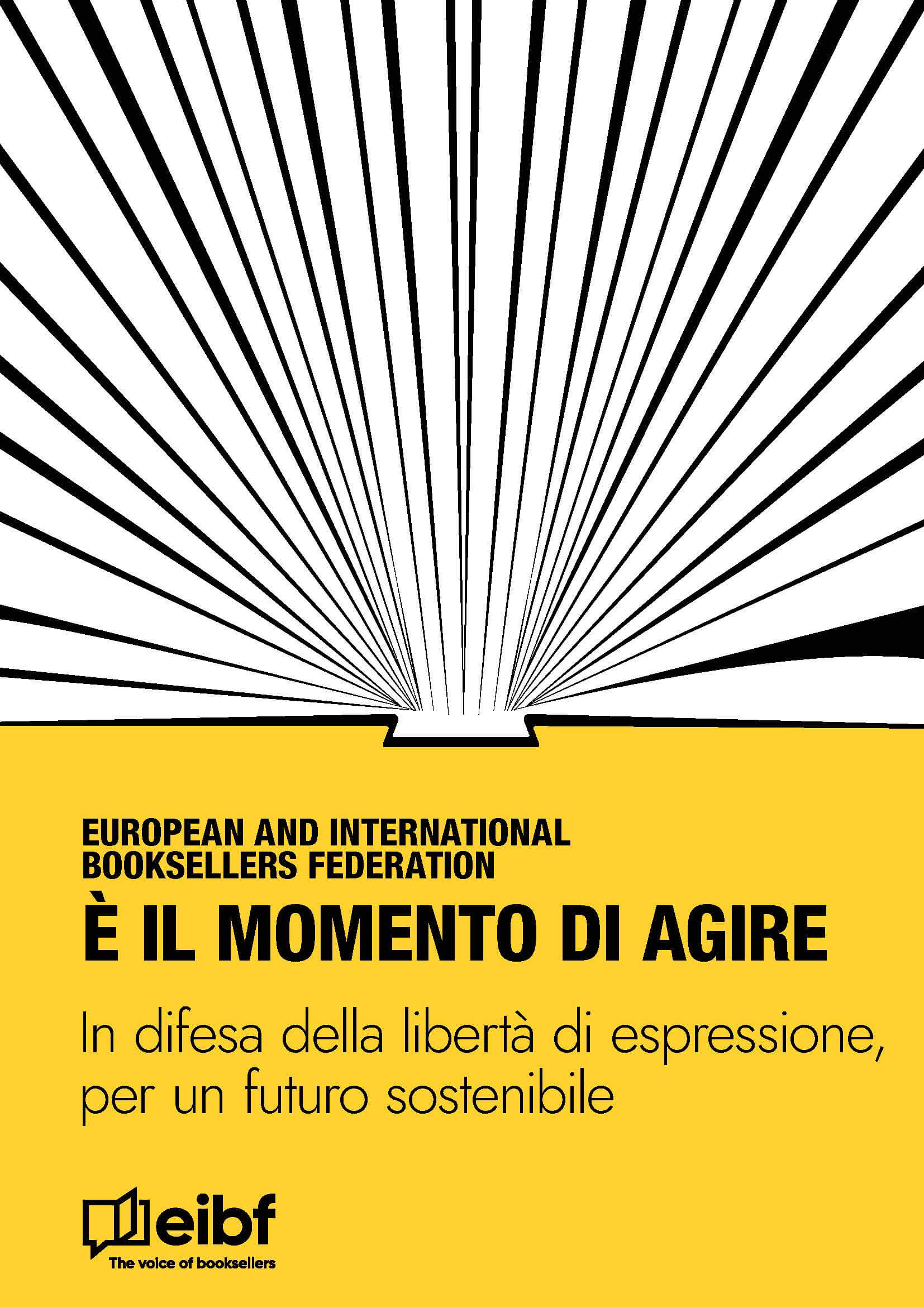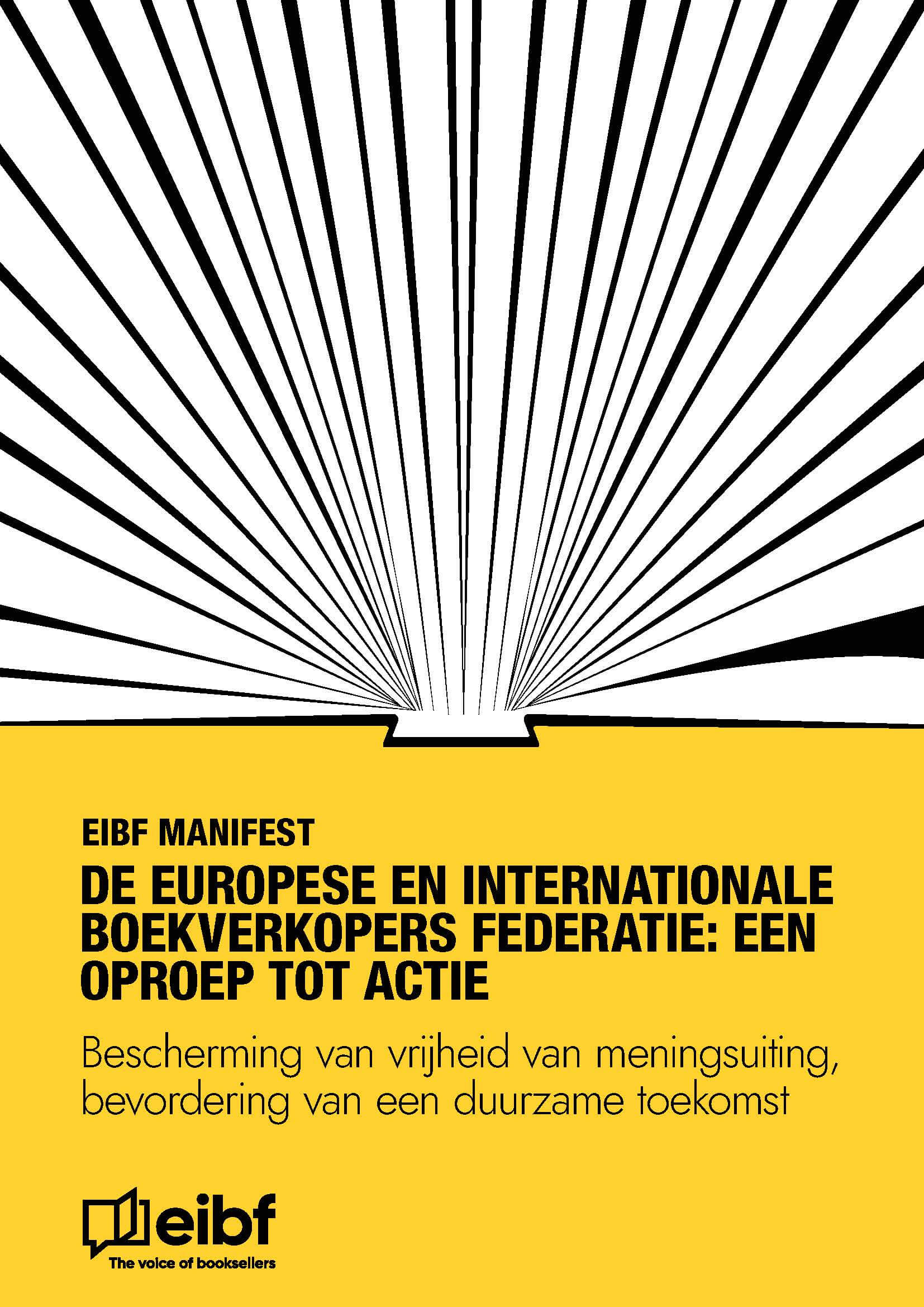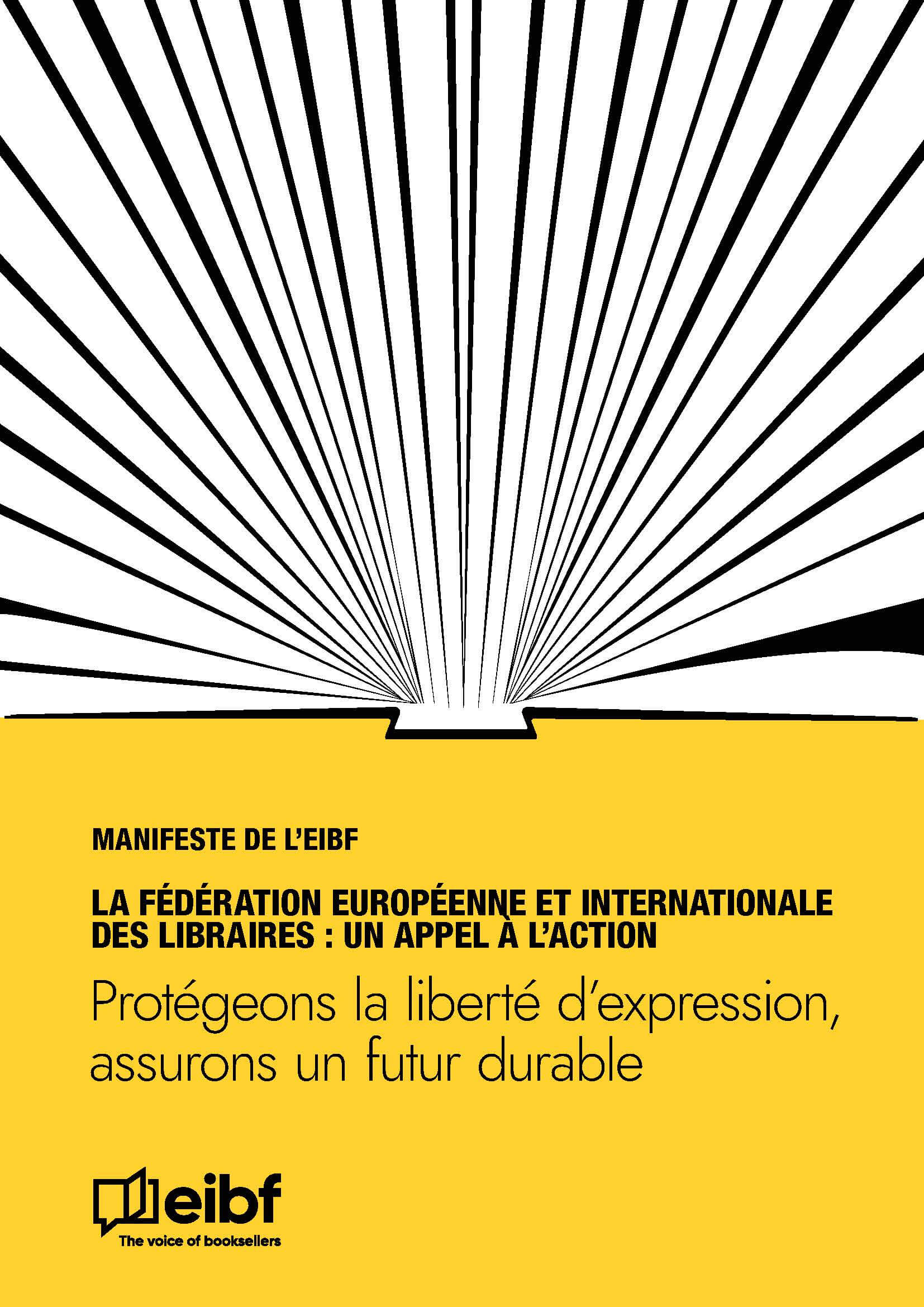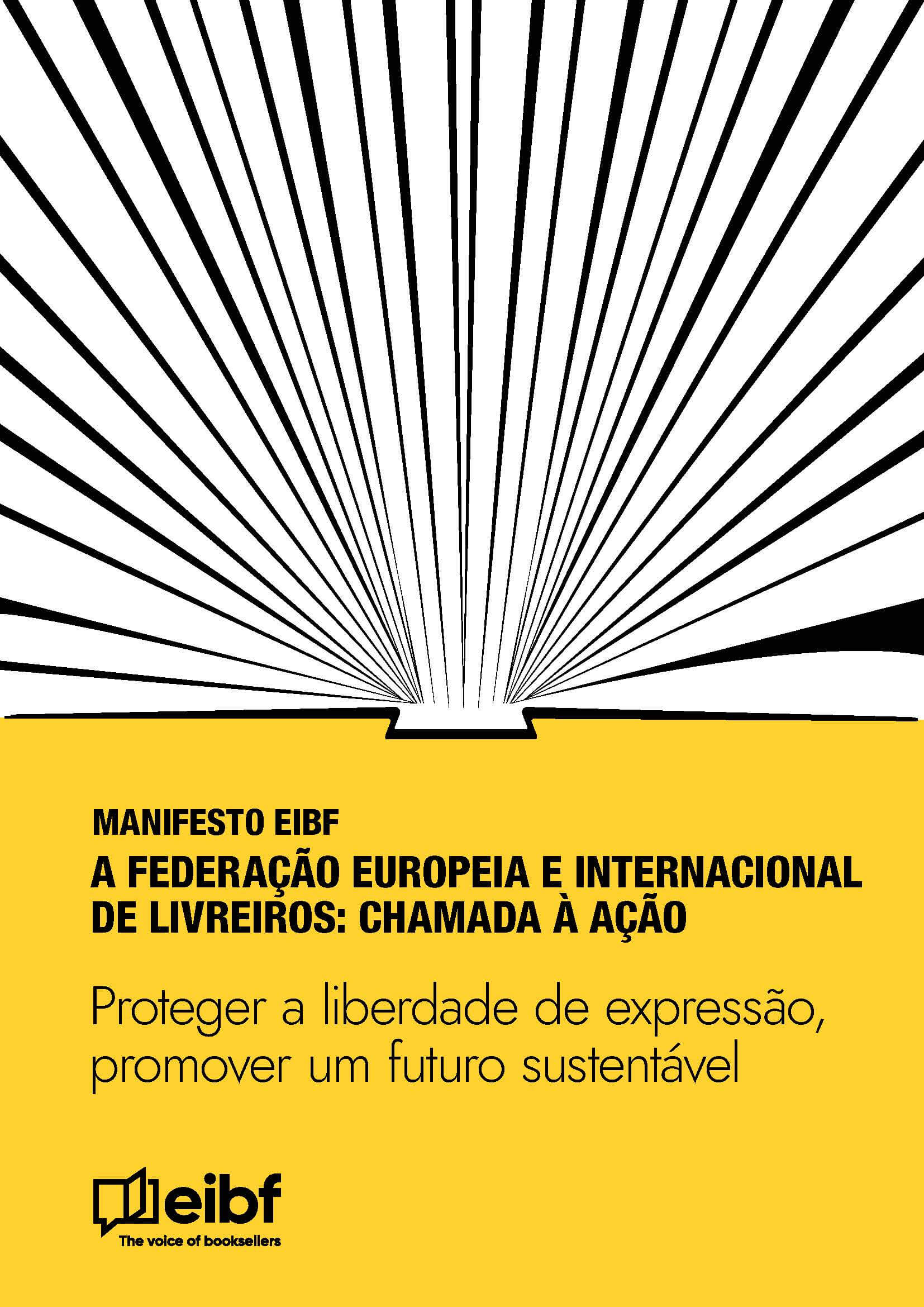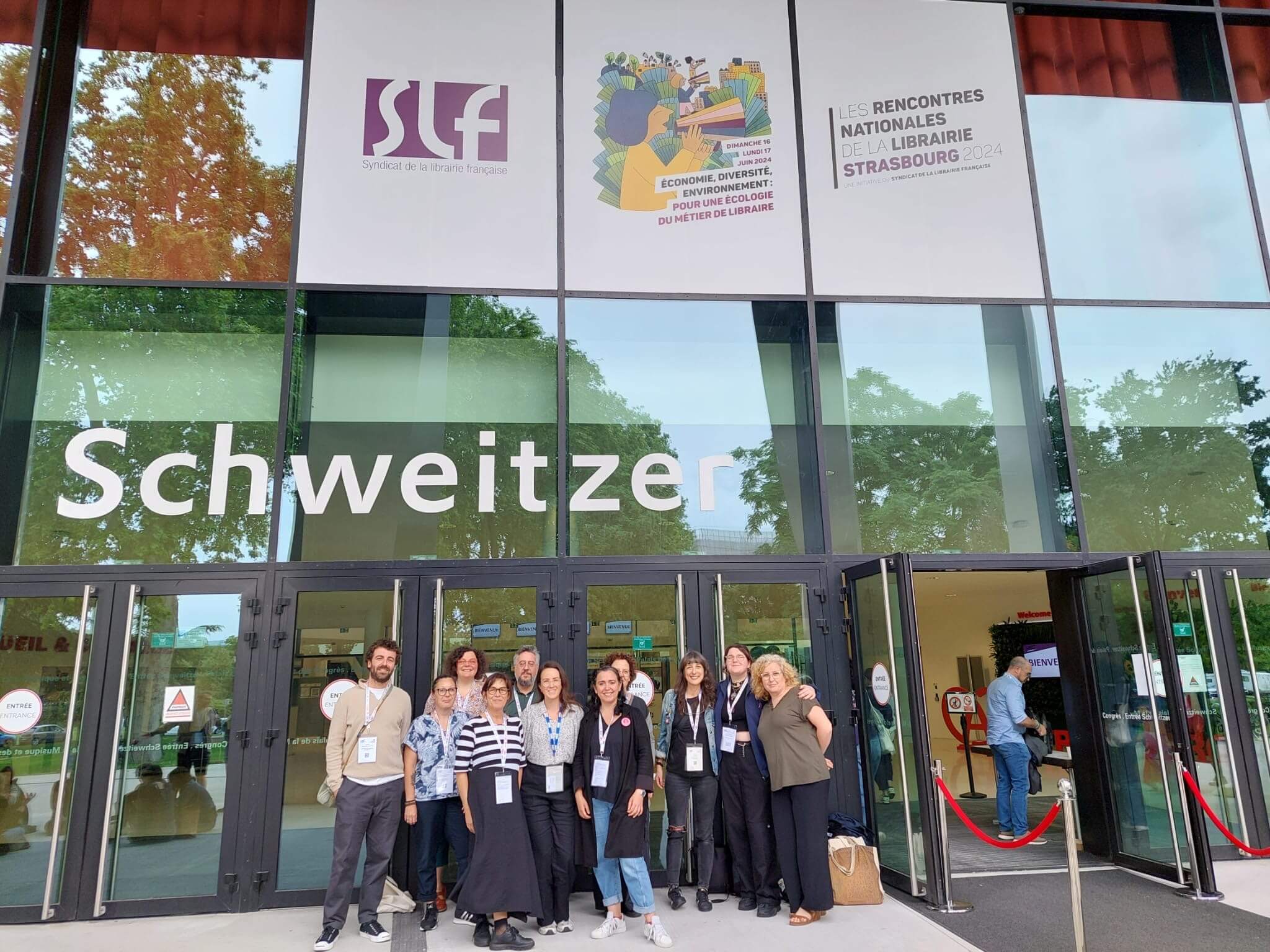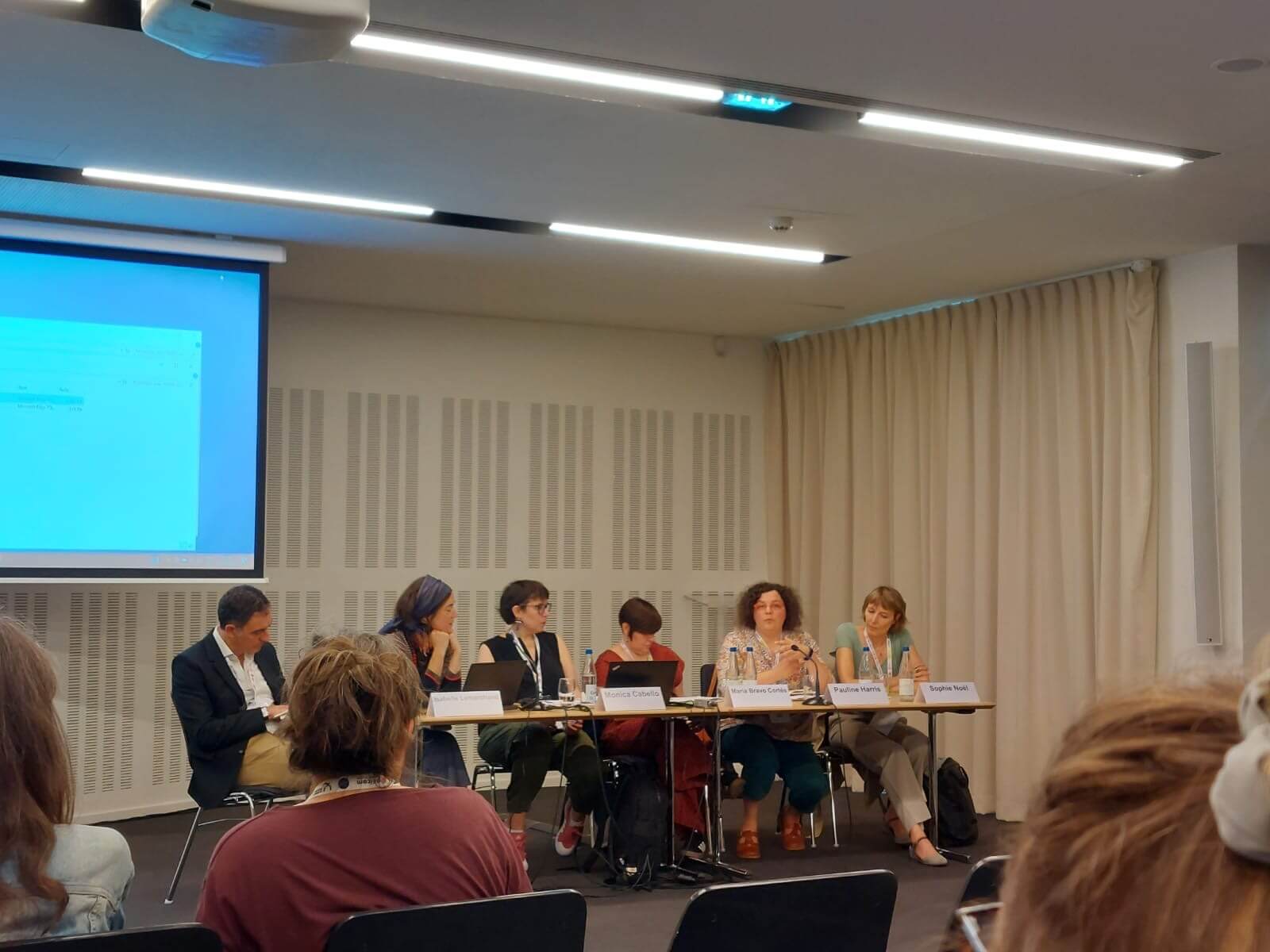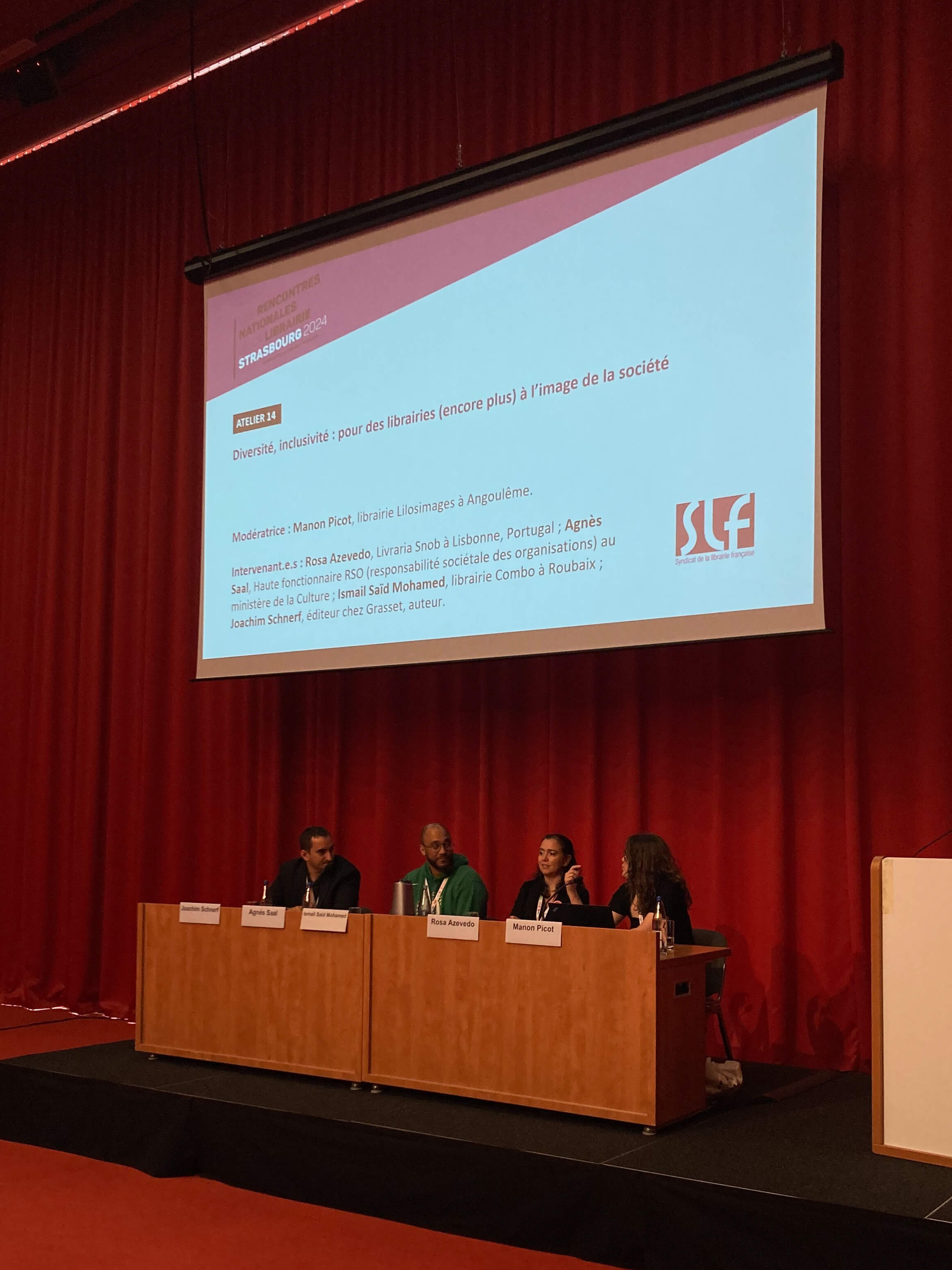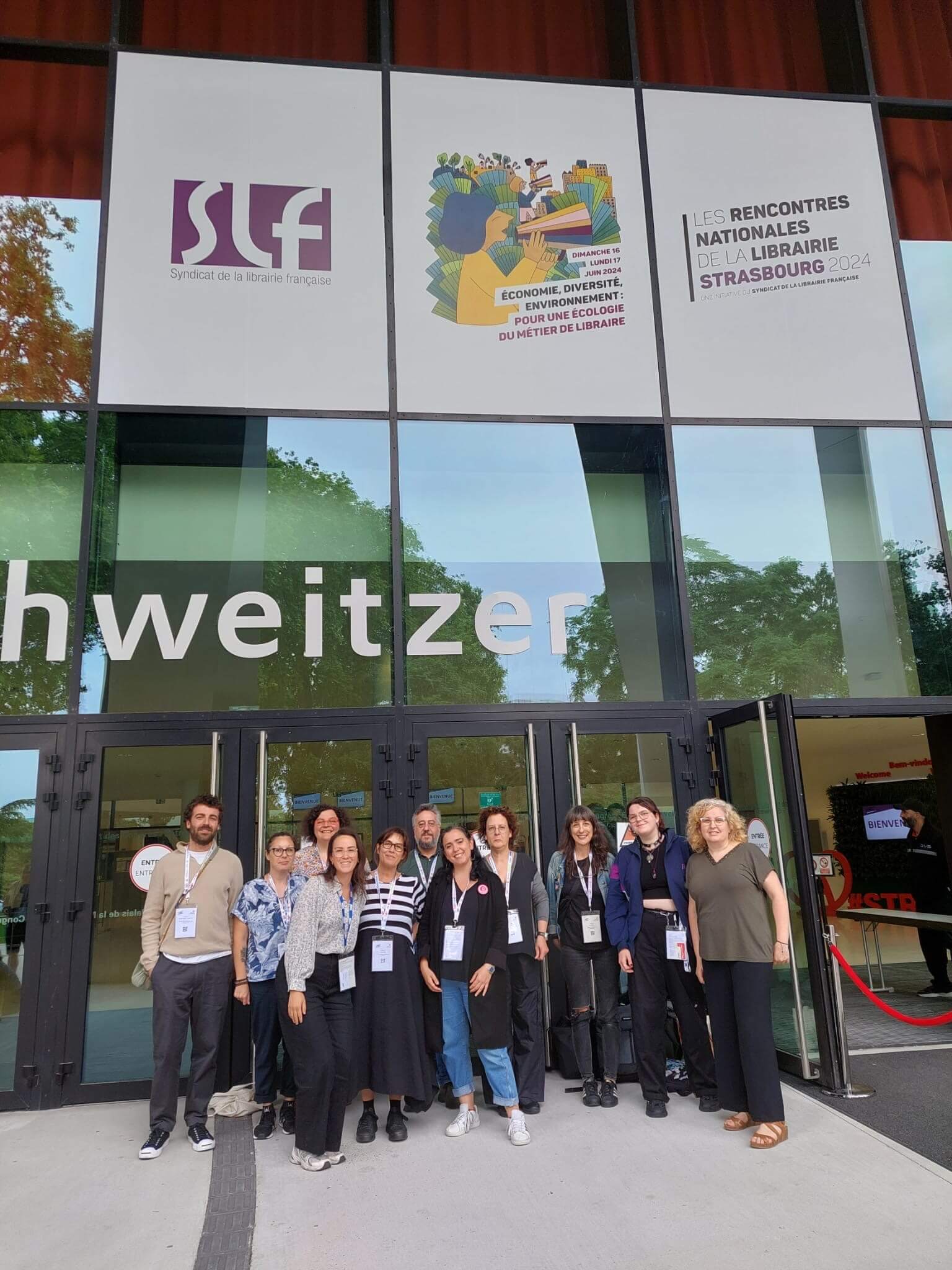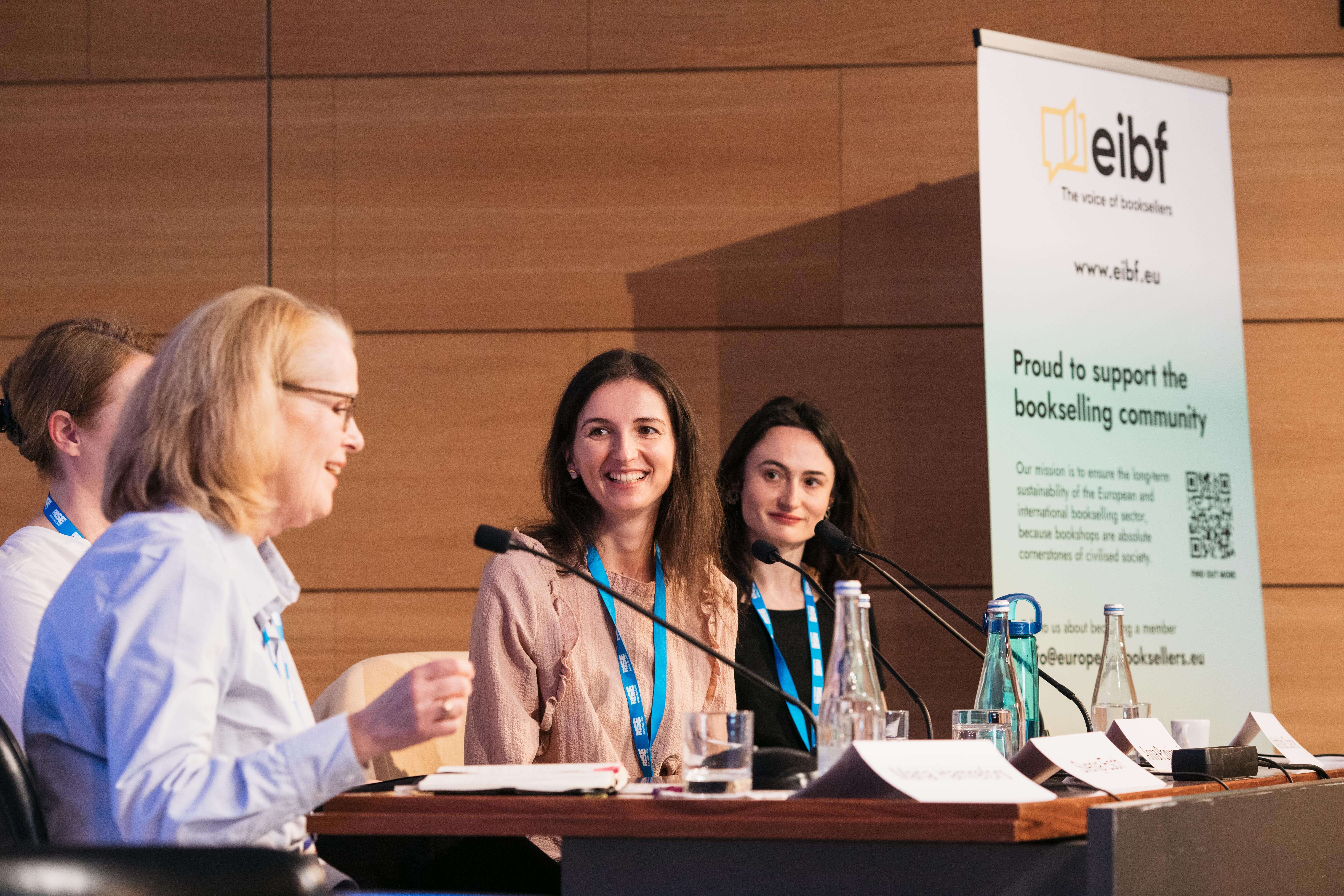For over 20 years, the conference has brought together journalists, activists, politicians, academics, and other stakeholders to identify key challenges and debate policy priorities in the field of economics, finance and industry. This year’s edition was particularly poignant and timely, given its proximity to the European elections. A wide range of issues was broached, including the green transition, artificial intelligence, and it subsequent social and economic consequences, and the effects of an ageing population on the European budget.
The event opened with a keynote speech from the prime minister of Lithuania Ingrida Šimonytė, using Lithuania’s journey from occupation to democracy to illustrate the importance of a strong and united Europe, as well as the paramount importance of voting – a right that should never be taken for granted.
Another keynote speech followed, where European Investment Bank President Nadia Calviño outlined the main financial activities of the EU across the past years, including investments towards a green transition and financial assistance to Ukraine to rebuild vital infrastructure such as roads and schools.
And of perhaps particular interest to the book sector, an Oxford-style debate was held on the topic of AI, in specific its potential pitfalls and opportunities across the social and economic spheres. The statement discussed was “This forum believes that Artificial Intelligence will have a positive impact on the European economy and society”, with Diane Coyle (Bennett Professor of Public Policy, University of Cambridge) speaking in favour of the motion and Gemma Galdón-Clavell (Founder and CEO, Eticas Consulting) speaking against the motion.
Concerns were brought up about the general policy space’s lack of adequate knowledge of AI, which in turn could lead to uninformed policies with detrimental effects on overall privacy, safety, and wellbeing. In addition, the entire functioning mechanism of algorithmic based AI was called into question, given its tendency to neglect and dismiss outliers, which could amplify already existing societal inequalities. On the other hand, the innovative potential of AI was also brought up, which, if regulated appropriately, could significantly bolster economic opportunities and productivity. While there was no mention of the cultural sector, EIBF will doubtlessly monitor relevant developments in this sphere, vouching for a vibrant book industry whilst protecting bookseller interests.
Overall, this conference allowed professionals to address fundamental issues about the economic future of Europe amidst an uncertain political horizon. The stakeholders in the sector were able to discuss the challenges of our times, while at the same time coming up with potential solutions. The conference taught us that there are many challenges ahead – none of which can be effectively addressed if we do not inform ourselves and, most importantly, engage in our democratic right to vote.


